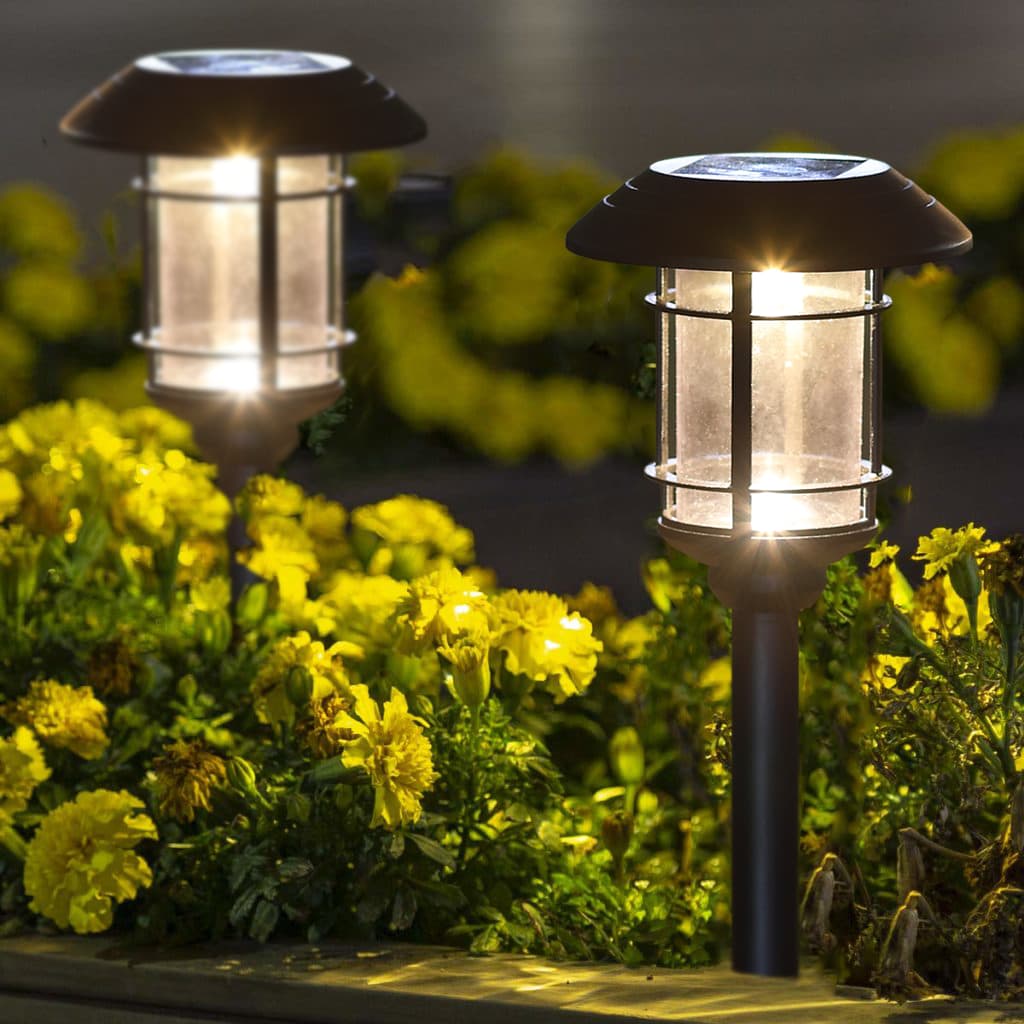Landscaping a backyard serves several important purposes, each useful and aesthetic. The specific goals of landscaping a garden might vary relying on individual preferences, the intended use of the space, and the general design goals. Here are some common functions of landscaping a garden:

Enhancing Aesthetics: One of the first purposes of landscaping is to improve the visual attraction of a garden. Thoughtful design, the number of crops, and the arrangement of features can create a wonderful and harmonious outdoor house.
Creating a Relaxation Space: Many people landscape their gardens to create a peaceful and enjoyable environment. Features such as seating areas, water features, and lush vegetation can contribute to a serene atmosphere.
Increasing Property Value: A well-landscaped garden can add value to a property. It enhances curb appeal and may make a home extra attractive to potential consumers, leading to a better resale value.
Providing Privacy: Landscaping parts like hedges, fences, or strategically positioned timber and shrubs can supply privateness by screening the garden from neighbors or busy streets.
Improving Functionality: Landscaping can make a garden more useful by creating designated spaces for various actions, such as eating, gardening, playing, or entertaining.
Enhancing Outdoor Living: Landscaped gardens often include options like patios, decks, and out of doors kitchens that present alternatives for outside living and entertaining.
Conserving Resources: Sustainable landscaping practices can be utilized to preserve sources, corresponding to water and energy. Xeriscaping, for example, focuses on water-efficient plant choices and irrigation strategies.
Attracting Wildlife: Landscaping with native crops and creating habitat features can appeal to wildlife, similar to birds, butterflies, and pollinators, contributing to biodiversity.
Reducing Erosion: Proper landscaping strategies, together with the use of floor covers and retaining walls, may help stop soil erosion and stabilize the backyard's terrain.
Promoting Well-Being: Gardening and spending time in a well-landscaped backyard can have therapeutic benefits, cut back stress, and promote bodily and psychological well-being.
Additional resources : Landscaping with bushes and vegetation helps cut back carbon dioxide ranges and offers oxygen, contributing to improved air quality. It additionally helps handle stormwater runoff and reduces the warmth island impact in urban areas.
Personalization: Landscaping permits homeowners to specific their particular person type and preferences. It offers a possibility to personalize the garden space to replicate one's style and creativity.
Economic Benefits: A well-landscaped garden can reduce power costs by providing shade and insulation to a house. It may also reduce the need for maintenance in the long run.
In summary, landscaping a garden serves a variety of functions, from enhancing aesthetics and increasing property worth to creating useful outdoor areas and promoting environmental sustainability. The particular objectives of landscaping can differ from one garden to a different, however the overall goal is to reinforce the beauty, performance, and delight of out of doors areas..
